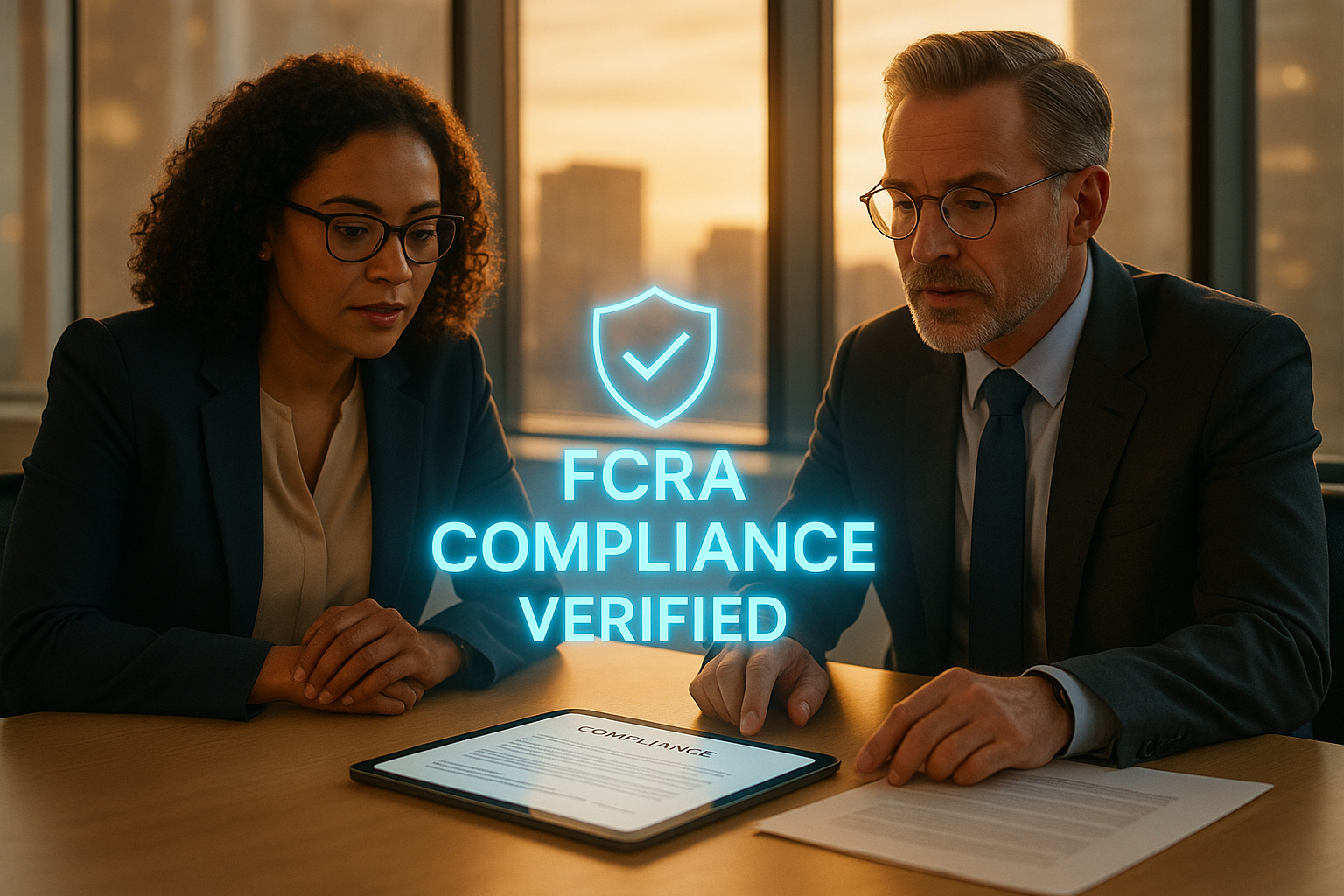Can You Yell "Fire" in a Crowded Theater? Freedom of Speech vs. Brand Integrity

Freedom of speech is one of the most cherished rights in many democracies, but it’s also one of the most misunderstood aspects of constitutional law. A common adage suggests that you cannot yell “fire” in a crowded theater, implying there are limits to free speech. However, the real legal implications are more nuanced than this oversimplified statement. Here, we explore not only the legal boundaries of such an act but also ponder a related question for businesses: Just because you can, does it mean you should tolerate such behavior from your employees or brand ambassadors?
The Legal Context
The phrase about yelling “fire” in a theater stems from the U.S. Supreme Court case Schenck v. United States in 1919, where Justice Oliver Wendell Holmes, Jr. used it as an example to explain that freedom of speech does not cover words that create a “clear and present danger.” Yelling “fire” in a theater could also lead to charges of disorderly conduct, as it recklessly disturbs public peace and incites panic.
However, this case was later partially overturned by Brandenburg v. Ohio in 1969, which refined the standard to speech that is likely to incite “imminent lawless action”. So technically, to shout fire when there isn’t one could be protected if it doesn’t meet this criterion, although it’s risky behavior that could lead to legal consequences due to potential panic and harm.
Historically, there have been notable incidents where individuals shouted fire in crowded venues, leading to tragic outcomes and influencing legal interpretations of free speech.

The Origins of the Phrase and Supreme Court Ruling
The phrase “shouting fire in a crowded theater” has its roots in a landmark 1919 U.S. Supreme Court case, Schenck v. United States. This case involved Charles Schenck, a socialist activist who was convicted for distributing anti-draft flyers during World War I, in violation of the Espionage Act. In his majority opinion, Justice Oliver Wendell Holmes famously stated that “the most stringent protection of free speech would not protect a man in falsely shouting fire in a theatre and causing a panic.” This vivid illustration was used to underscore the limits of free speech protection under the First Amendment.
The Supreme Court’s decision in Schenck v. United States established the “clear and present danger” test, which allowed the government to restrict speech that posed a significant threat to national security or public safety. However, this standard was later refined in the 1969 case of Brandenburg v. Ohio. The court ruled that speech could only be limited if it was directed to inciting imminent lawless action and was likely to produce such action. This shift from “clear and present danger” to “imminent lawless action” marked a significant evolution in the interpretation of free speech protections.
From Legal to Corporate Responsibility: Clear and Present Danger
Now, shifting from legal ramifications to corporate image and culture: Here's where companies like Ferretly become pivotal. When hiring or maintaining staff, especially those who might represent your brand publicly, the calculus isn't just "Can they legally say this?" but "Should they say this, given our company values?"
Why Ferretly Matters in Modern Hiring
Cultural Fit and Brand Representation
Employees are often the face of your company. Their public behavior, including what they post or shout in theaters or on social media, reflects on your brand. Ferretly's social media screening can help ensure that potential hires align with your corporate culture and values.
Risk Management
Just as yelling "fire" could cause panic, an employee's controversial or inappropriate public statements can cause a PR crisis. Ferretly helps mitigate this risk by analyzing behaviors that might not be immediately visible in traditional background checks.
Maintaining Workplace Harmony
A company thrives on its internal culture. Employees who might exercise their right to controversial speech can disrupt workplace harmony or alienate colleagues and customers. Understanding a candidate's propensity for such behavior beforehand is crucial.
Legal Compliance and Beyond
While the First Amendment might protect certain speeches from government censorship, it doesn't shield employees from private repercussions. Companies need to navigate these waters carefully, ensuring they respect rights while protecting their community and reputation.
Read Also: How do Social Media Background Checks Work
Conclusion: It's More Than Just Legality
When considering whether someone should yell "fire" in a crowded theater, or more broadly, engage in any potentially disruptive speech, the decision for businesses extends beyond what's legal. It dives into what's strategic for brand integrity, employee relations, and public perception. Tools like Ferretly don't just help you avoid potential legal issues; they assist in crafting a workforce that embodies the ethos of your brand, ensuring that your employees not only know what they can say but also understand what they should represent.
In essence, while the law might allow for certain expressions, the court of public opinion and corporate responsibility might suggest a different approach, where tact, respect, and alignment with company values take precedence.






